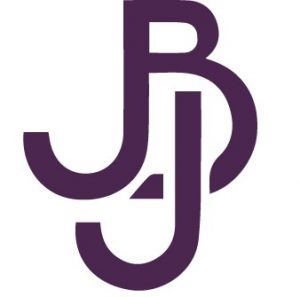By Rebecca Amadi
As the coronavirus spreads, anti-Asian bias has increased across the country with hate crimes, harassment, and bullying reported in many states. Unfortunately, rather than using the presidential bully pulpit to condemn COVID-19 related hate crimes, the Trump Administration has perpetuated and legitimized this xenophobia against Asian Americans and immigrants. As COVID-19 began to spread across the country in March, President Trump was adamant in referring to the virus as the “China virus” or the “Chinese virus.” He denied that his wording could possibly create stigma against Chinese individuals. The State Department even pushed to have the phrase “Wuhan virus” included in a joint statement from the G7 members. The use of such language has already been felt as Asian Americans report harassment that mirror the language of the President in referring to the virus.
This isn’t the first time Chinese Americans and immigrants have been harmfully stereotyped and scapegoated in the wake of a pandemic. After a Chinese worker was suspected of dying from the bubonic plague in San Francisco in 1900, the city responded with the same Anti-Chinese xenophobia seen today and quarantined Chinatown from the rest of the city. A humanitarian crisis ensued as government officials treated the Chinese population like prisoners. Jobs were lost as thousands of Chinese workers were not allowed to leave the twelve-block area; food prices increased by 20%. Many city officials were unsympathetic to the financial consequences and considered escalating measures, such as detaining suspected Chinese carriers in a mass prison, in order to contain the spread of the plague. One member of the California health board even suggested burning Chinatown to the ground as it was “a natural breeder of disease and a permanent menace to the city.”
Sadly, the history of stigmatizing certain communities in the wake of a disease, has also impacted other communities, including Black and African-American communities. People of African descent faced similar racialized xenophobia during the Ebola epidemic in 2014, after the disease was named after a river in the Congo. At the peak of the epidemic, African-American students were bullied and assaulted in school, African workers were forced to take time off work, and Africans were harassed in public. The popular narrative around Ebola focused around a primitive, homogenous Africa too poor to fend for itself. This narrative helped reinforce stereotypes of what it means to be African and also perpetuated troubling disinformation about the disease’s origin.
Given the stigma that can result when a disease is referred to or named after a nationality or region of the world, the World Health Organization (WHO) released a memorandum in 2015 encouraging diseases not to be named after people, geographic locations, cultures, animals, food, or professions. It is time that officials heed the advice of the World Health Organization and other experts and cease referring to COVID19 in racialized terms. As a civil rights organization we know that harmful rhetoric can have real, dangerous consequences; we have seen the effects of disease-based discrimination with SARS and Ebola. Communities need to come together and stand in solidarity with Asian Americans and immigrants. We are in this together. By fighting xenophobia, we also strengthen our fight against COVID19.


